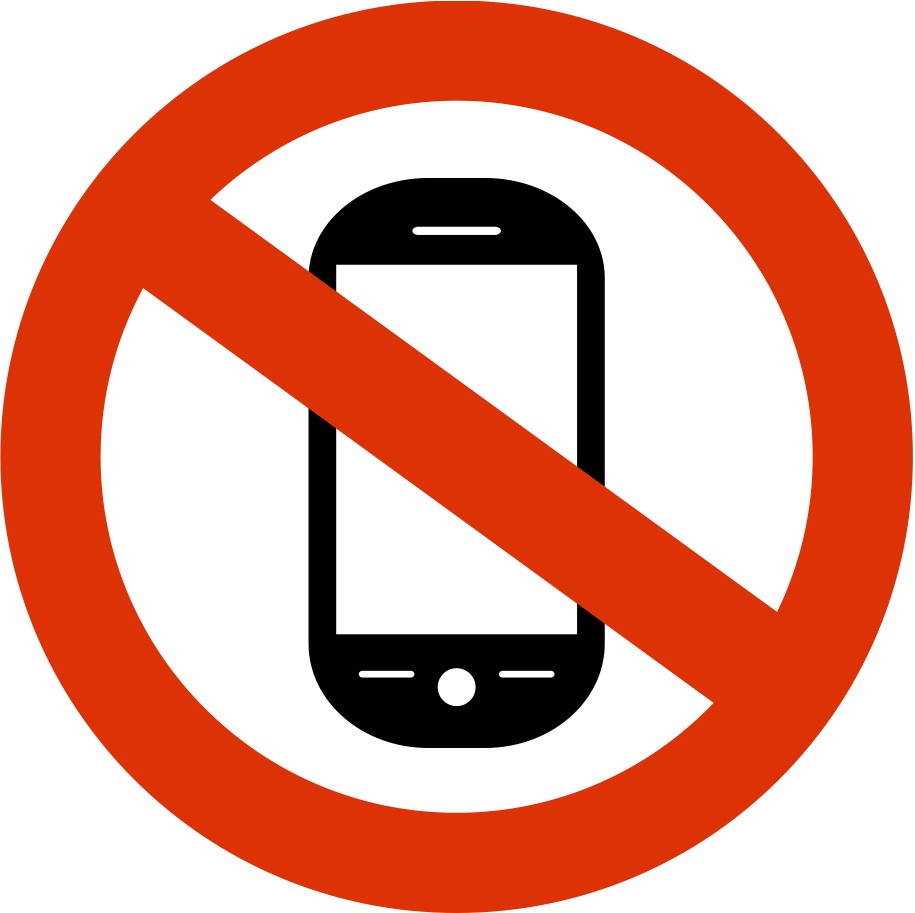Banning cellphones in schools reaps the same benefits as extending the school year by five days, according to a study co-authored by an economist at The University of Texas at Austin.
“New technologies are typically thought of as improving productivity, however this is not always the case,” said Richard Murphy, an assistant professor of economics. “When technology is multipurpose, such as cellphones, it can be both distracting and disruptive.”
Murphy and Louis-Philippe Beland, an assistant professor of economics at Louisiana State University, measured the impact of mobile phones on student performance by surveying 91 schools in four English cities (Birmingham, London, Leicester and Manchester) before and after strict cellphone policies were implemented.
By comparing student exam records and mobile phone policies from 2001 to 2013, researchers noted a significant growth in student achievement in classrooms that banned cellphones, with student test scores improving by 6.41 percent points of a standard deviation. This made them 2 percentage points more likely to pass the required exams at the end of high school, researchers explained.
“We found the impact of banning phones for these students equivalent to an additional hour a week in school, or to increasing the school year by five days,” Murphy said.
Low-achieving students benefited most from the ban, with test scores increasing by 14.23 percent points of a standard deviation — a gain that was double compared with that of average students — making them 4 percentage points more likely to pass the exams.
Likewise, the ban greatly benefitted special education needs students and those eligible for free school meals, improving exam scores 10 and 12 percent points of a standard deviation respectively.

